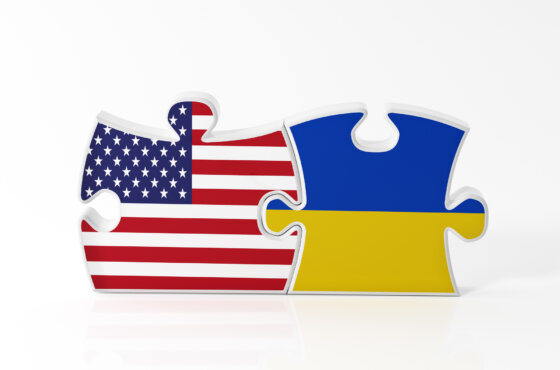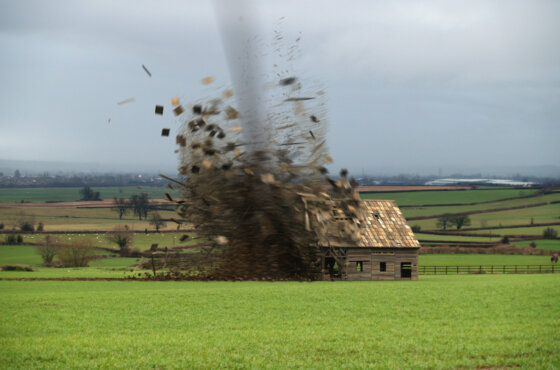In memory of the Decembrist overcoat
On December 14, 2015, Columbia University celebrated the 190th anniversary of the Decembrist Uprising on Senate Square. Since then, the roulette wheel of Russian history has been moving around the dream of overcoming the monopoly of autocracy. Alexander Herzen’s statement is well known: “Instead of all the current divisions of the free Russian people into the freest classes of nobility, merchants and others, I see in Russia only two states: slaves of the sovereign and slaves of the landowners. The former call themselves free only in relation to the latter; there are no truly free people in Russia, except beggars and philosophers...”
An illustrated lecture was delivered by Lyudmila Trigos, her book on the mythology of the Decembrist movement was an event for specialists in Russia several years ago. A chronology of protest of the Russian nobility unfolded before the listeners. Their movement arose in the circle of educated elite youth, who were influenced by European social thought, the ideas of the French encyclopedists and the Great French Revolution.
The participants, including students, greeted with pleasure the famous professor, writer and publicist, who had been working in the United States for a long time, Alexander Yanov.
It is now customary to reproach the Decembrists in every possible way, because they organized the first Maidan - they took to the square against the government. In his speech, the history professor noted that the executioners of the Decembrists made a lot of effort to discredit their memory, denigrate them, and suspect them of all sorts of base motives. Dozens of myths were created for this. And how sad it is that, without thinking, they repeat them again today. Despite the fact that one simple consideration would seem to be enough to refute them - the majority of the Decembrists were noble and extremely prosperous people, many walked from Borodino to Paris, saw with their own eyes that in Europe they manage without slavery.
On the other hand, they were not mischievous, golden youth. Remember though Pushkin's portrait of Chaadaev: “He would be Brutus in Rome, and Pericles in Athens.” Serious people. Secular. Not fanatics any. So why did they take a deadly risk? After all, the case could have ended with a gallows - for some, and ended. Or in the "best" case - a broken life, life penal servitude.
Please note that neither the inventors of the myths of Nicholas’s times that “disgraced” the Decembrists, nor their today’s consumers ever touch upon this main, decisive issue, so they tease and make fun of little things. They are accused of hypocrisy: they rebelled, supposedly, in the name of peasant freedom, but they themselves did not liberate their peasants. Yes, Alexander’s law on “free cultivators” really gave landowners the opportunity to free their peasants if they wished. But this was very rare and involved many bureaucratic obstacles. Professor A.L. Yanov led the audience to a simple and clear conclusion: “The Decembrists were ashamed of their country. It is an unbearable shame that in Russia, the conqueror of Napoleon, “there are no free people except beggars and philosophers.” It was this shame that Vladimir Sergeevich Solovyov later called true patriotism.
The Pushkin Society of America acted as a co-organizer of the anniversary celebration of the Decembrists. The inspirer and initiator of the evening was Dmitry Glinsky, who heads the Russian-speaking Council of Manhattan and the Bronx and the ARPA (American-Russian human rights organization). Natalia Piller read a programmatic poem and its translation into English:
... The burdens of heavy will fall,
Dungeons will collapse - and freedom
You will be cheerfully at the entrance,
And the brothers will give you the sword.
The hosts of the program connected the protest movement of the nobility with the history of dissidence and modernity. And the evening was concluded by Vadim Astrakhan, the author of the “Vysotsky in English” project, he sang several songs by the famous author, known for his intolerance of falsehood and lies, who despises servility in all its forms.
Subscribe to ForumDaily on Google News










